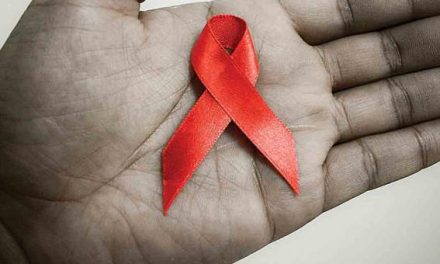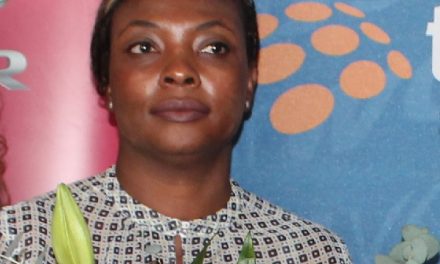
African women most exposed to violence
As conflicts and crises in Africa took a more complex turn in recent years, there has been a devastating upsurge of violence against women and girls. Women and girls are singled out as targets by terrorist and extremist groups, who abduct them and use them as suicide bombers or sex slaves. Although women generally despise war, their bodies have become the new battlefields. Worse still, they are not consulted on issues of peace and nation-building, according to Zainab Hawa Bangura, the special representative of the UN secretary-general on sexual violence in conflict.
In Africa women play important roles as custodians of culture and nurturers of families, yet in times of conflict they are not represented at the peace negotiating table or in community reconstruction efforts. According to UN Women, a UN body that promotes women’s empowerment and gender equality, women constitute fewer than 10% of peace negotiators globally and only 3% of signatories to peace agreements.
Many experts believe that leaving women out of peace and security processes hinders communities from finding long-lasting peace. In times of conflict, women’s vulnerabilities and unique needs are often forgotten during negotiations, which in turn limits the effectiveness of both peace and security agreements, and humanitarian responses.
Fifteen years ago the international community recognized the importance of women’s participation in creating the conditions for permanent peace. On 31 October 2000, the UN Security Council adopted the landmark resolution 1325 on women, peace and security, which acknowledged the critical role women could play in preventing and resolving conflicts, negotiating peace, participating in peacekeeping and in humanitarian response and post-conflict peacebuilding.
Among other things, the resolution calls for women to participate fully in all efforts to maintain and promote peace and security. The resolution also requires the UN to solicit and take into account all viewpoints on gender issues in order to increase the role of women in all peace and security activities. It also requires all parties at war to take special measures to protect women and girls from gender-based violence, particularly rape and other forms of sexual abuse.
Despite these requirements, UN Women says the percentage of women in peace talks has stagnated at single digits since the resolution was passed. The results have had a devastating impact on women’s lives: over half the world’s maternal deaths occur in conflict and fragile countries; about half of out-of-school children of primary school age live in conflict areas; and girls’ net enrolment rate in primary education is 17 points below the global rate. In these conflict areas, the risk of sexual violence, child marriage and HIV infection has increased since 2000.
UN Women wants urgent action to increase women’s active participation in peace and security matters. “This anniversary must mark that threshold moment where words become action,” says Phumzile Mlambo-Ngcuka, the head of UN Women.
Achievements in Africa
Several African countries have embraced resolution 1325, and 16 states now have relevant national action plans in place. The African Union (AU) has also made significant efforts to integrate commitments to the idea of women, peace and security into its own security, crisis-response, human rights and peacebuilding efforts. The organization trains women as peace mediators, election observers and gender advisers.
Both the AU and the UN have increased the number of women military and police officers in peacekeeping missions, which has in turn improved the reporting of sexual assaults. They have also set up units that provide protection to civilian victims of abuse. Similar units that shelter victims of gender-based violence also exist in Somalia and the Darfur region of Sudan. In Rwanda, Liberia and the DRC, the UN provides support to survivors of gender-based violence.
The lack of time-bound targets for achieving the goals of the resolution may have slowed action, as countries were not under pressure to beat a set deadline. Also not spelt out was how countries would monitor and evaluate women, peace and security initiatives to provide evidence of progress. “Reporting mechanisms through the Security Council or [a] watch list of countries failing to meet the resolution’s objectives were not established,” said the deputy Prime Minister and Minister of International Relations, Hon Netumbo Nandi-Ndaitwah during Africa Week, last October.
Where is the money?
Despite some progress, gaps in the implementation of resolution 1325 persist in Africa, in part because of lack of funds. “We have made some advances, but we must do much more, and we must do it faster,” Mr. Ban told reporters at the launch of the global study, which was commissioned by the UN Security Council.
The study found that unpredictable and insufficient funding, lack of data analysis on gender issues and also lack of technical expertise on gender, attitudinal obstacles, and insufficient mapping of needs in planning and budgeting have harmed the long-term effectiveness of interventions for peace and security, humanitarian causes and development.













































